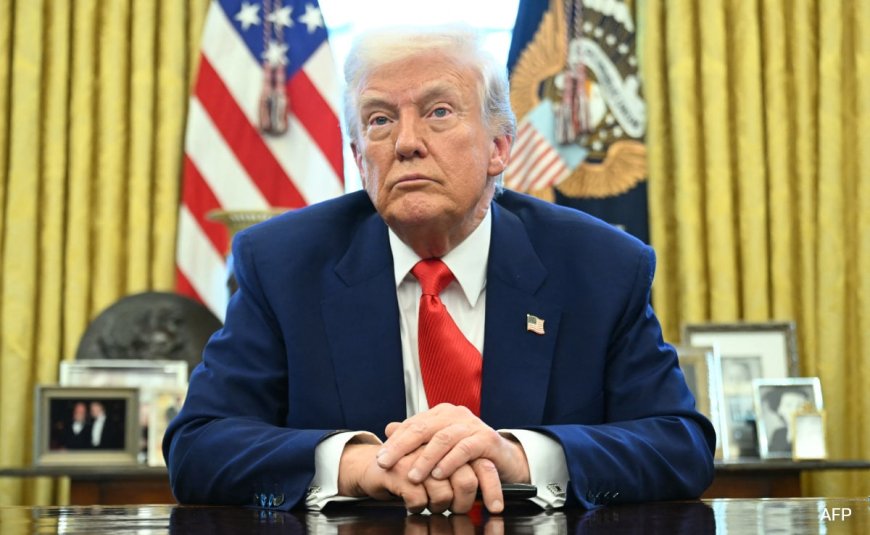UN Trade Agency Urges US To Exclude Poor States From Tariffs
The U.N. Trade and Development agency urged U.S. President Donald Trump's administration on Monday to exclude the poorest and smallest economies from reciprocal tariffs because it "would have minimal impact on United States trade policy objectives."

UN Trade Agency Urges US To Exclude Poor States From Tariffs
In a critical appeal, the United Nations Trade Agency has urged the United States to reconsider its tariff policies, particularly in light of their impact on poorer nations. The agency emphasized the necessity of fostering international trade relations that do not disproportionately burden developing countries. This call for action highlights the growing concern over equitable trade practices and the potential repercussions for global economic stability.
The Implications of Tariffs on Developing Nations
Tariffs implemented by the US pose significant challenges for poorer states, which often rely heavily on trade to bolster their economies. The UN Trade Agency pointed out that certain tariffs can lead to increased costs of imports, thereby hindering economic growth and development. This request is not merely a plea for fairness; it underscores the larger goal of sustainable trade practices that benefit all countries, regardless of their economic status.
Understanding the Request from the UN Trade Agency
The UN's position is grounded in the belief that the effects of tariffs extend beyond mere economic statistics. By excluding poorer states from these tariffs, the US can play a pivotal role in supporting economic stability and poverty alleviation in developing regions. The trade agency highlighted that fair trade practices can foster stronger international partnerships, benefiting both developed and developing nations.
Potential Effects of Excluding Poor States
If the US responds positively to the UN's request, the implications could be far-reaching. Eliminating tariffs for poorer states could lead to enhanced trade flows, reduced costs for consumers, and improved economic conditions in developing regions. This change could also enhance the US's reputation globally, positioning it as a leader in fair trade practices. Moreover, it showcases the US's commitment to international cooperation and development.
The Road Ahead for US Trade Policy
The appeal from the UN Trade Agency comes at a crucial juncture when global trade policies are under scrutiny. As debates surrounding trade relations intensify, the US has an opportunity to reassess its strategies. Engaging with international bodies like the UN and aligning policies with global standards could pave the way for a more equitable trading system.
For more insights into international trade policies and their implications, visit dharmyuddh.com.
Conclusion
As the dialogue surrounding tariffs and trade continues, the UN Trade Agency's call for action serves as a reminder of the interconnectedness of global economies. Addressing the needs of poorer nations is not just a matter of ethics, but also one of promoting sustainable development and stability worldwide. The coming months will be crucial in determining whether the US will heed this call and take steps towards a more inclusive trade framework. Keywords: UN trade agency US tariffs poor states, impact of tariffs on developing countries, US trade policy and developing nations, equitable trade practices globally, economic implications of tariffs, UN appeals for trade inclusion, how tariffs affect poorer states, benefits of eliminating tariffs for developing regions.







